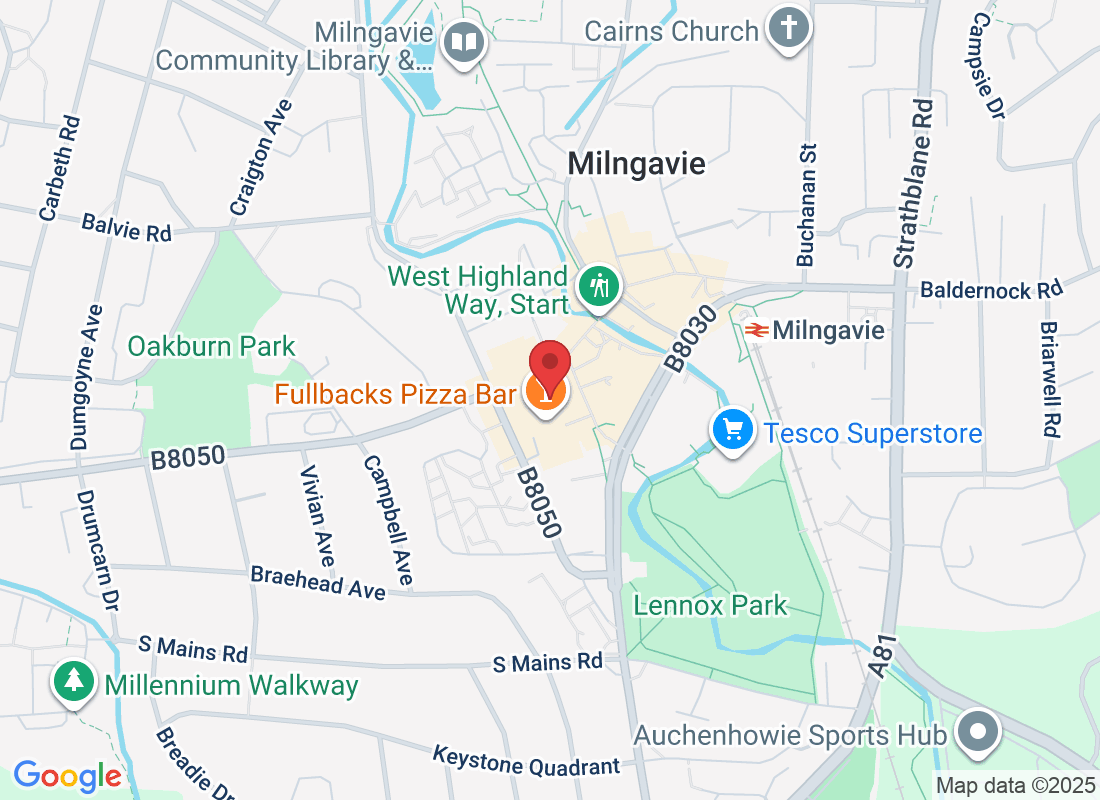Is it hard for others to understand you when you speak?
Clinic conveniently located in Milngavie Town Centre
Stewart Street, Milngavie, G62 6BW
Easy Parking Nearby

Frequently asked questions about speech and language therapy
What causes speech to be slurred or difficult to understand?
Speech difficulties like dysarthria are often caused by neurological conditions such as stroke, Parkinson’s disease, multiple sclerosis, brain injuries, or motor neuron disease. These conditions affect the muscles used for speech, making it harder to control volume, clarity, and pronunciation.
Can I improve my speech at home?
Yes! Practicing breathing exercises, slowing down speech, and strengthening mouth muscles can help. However, for real, lasting improvements, a Speech & Language Therapist can provide tailored exercises and techniques based on your specific needs.
When should I seek professional help for speech difficulties?
If your speech has become harder to understand, feels slurred, or you struggle to control volume or pronunciation, it’s best to see a Speech & Language Therapist. Early intervention can help prevent further difficulties and improve communication.
What are the treatment options for unclear speech?
Treatment depends on the cause but may include speech exercises to improve clarity, breath support training, voice control techniques, and strategies to slow down and strengthen speech production.
Can exercises help improve speech clarity?
Yes! Targeted speech exercises can help strengthen the muscles used for speaking, improve breath support, and enhance pronunciation. Regular practice, guided by a Speech & Language Therapist, is key to success.
Are there daily strategies to make speech clearer?
Yes! Speaking more slowly, exaggerating key sounds, taking deeper breaths before speaking, and using pauses between words can all make speech clearer and easier to understand.
Can speech difficulties get worse over time?
It depends on the cause. Progressive conditions like Parkinson’s may lead to gradual changes, while other conditions, such as stroke or brain injury, may improve with therapy. Speech therapy can help slow deterioration and maximize clarity.
Should I avoid speaking too much if I have dysarthria?
No! Avoiding speech can actually make it harder over time. Regular practice with proper techniques can help strengthen speech muscles and improve confidence in conversations.
Are there tools or devices that can help with speech difficulties?
Yes! Some individuals benefit from voice amplifiers, speech pacing apps, or alternative communication devices to assist with daily conversations. A Speech & Language Therapist can recommend the best options for you.
Please note that these FAQs provide general information and should not replace personalised advice from a qualified healthcare professional. It is important to consult with a trusted therapist to assess your individual case and determine the most suitable treatment plan for your speech difficulty.
Frustrated with your speech?

Not sure who to ask?
Not sure what to do next?
Not sure who can help?
Please fill out the form below and chat with one of our team members about your right next step



Where To Find Speech Therapy Glasgow

If you have any questions before scheduling an appointment or for general inquiries, please use the contact us button below. Our team will promptly reach out to assist you.
Opening Hours
Monday: 09.00- 17.00
Tuesday: 09.00- 17.00
Wednesday: 09.00- 17.00
Thursday: 09.00- 17.00
Friday: 09.00- 17.00
Saturday: Closed
Sunday: Closed

